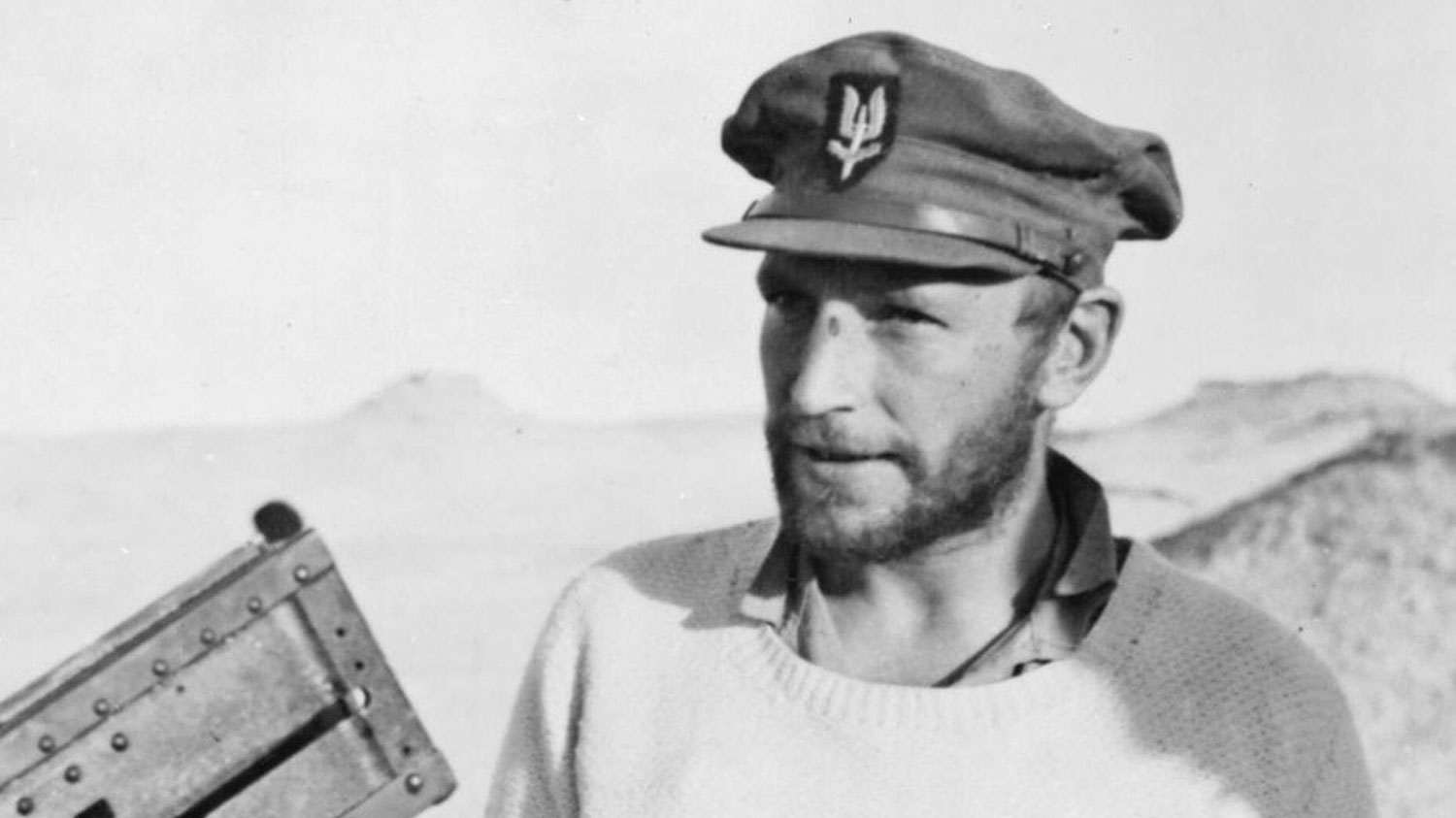
Paddy Mayne: The SAS hero denied a Victoria Cross by faceless bureaucrats

Much has been written about Lieutenant Colonel Robert Blair Mayne, and now he is immortalised in film in the BBC series SAS Rogue Heroes.
The latter is a less than flattering, indeed grotesque, caricature which fails to explain how a maniac, who speaks like a cross between Rev Ian Paisley and a Dalek, went on to lead the SAS into immortality and was to win no less than four Distinguished Service Orders (DSOs).
Perhaps it is this distortion of reality, that has grown in standing since his untimely death in 1955 in a road traffic accident, that was abroad in 1945.
This was when faceless bureaucrats in Whitehall turned down his recommendation for a Victoria Cross that was signed off by Field Marshal Montgomery, a fellow Ulsterman.
It was Mayne himself who noted that the treatment of prisoners of war became more brutal the further they were from the frontline and actual fighting.
It seems the treatment of heroes becomes more cynical the further you are from the frontline too.
I have experience of this myself.
In 2011, one of my colleagues on The Legacy Programme (police Special Branch in Afghanistan), Ken McGonigle, was killed in action saving the lives of a US rear admiral and 16 of his staff when their Osprey helicopter was attacked in Musa Quala in Afghanistan's Helmand Province.
He was nominated for a US Silver Star – which could not be awarded because he was a retired RUC detective sergeant.
A citation for a George Medal – the civilian equivalent of a VC – was sent to 10 Downing Street where it was downgraded to a posthumous Queen's Gallantry Medal (QGM) because he was killed serving with US forces.
The nuanced opinion of distant bureaucrats has the last say over those who saw the enemy face to face as much in 2025 as it did in 1945 when Blair Mayne was refused the recognition he richly deserved.
He would have been the second SAS VC of the Second World War after Anders Lassen, who was killed in action in Italy on 9 April 1945, days before the action for which Mayne was recommended for a VC.
Perhaps two VCs in a matter of days was too much for Whitehall?
I doubt it. I detect a more cynical reasoning behind the snub.
Notwithstanding all that has happened and despite the BBC distortion of a national hero, this wrong can be righted and the Government can recognise this gallant man with a VC even 80 years since his feat of valour and 70 years after his death.
I hope they see sense.
Colonel Tim Collins, who is best known for his role in the Iraq War in 2003 and his eve-of-battle speech, served on two operational tours with the Special Air Service.









